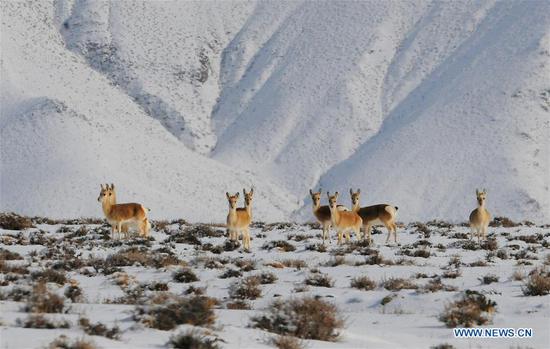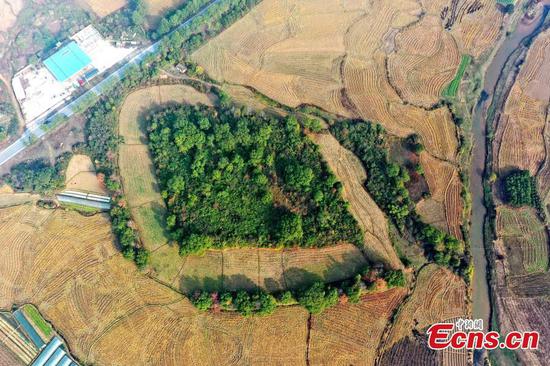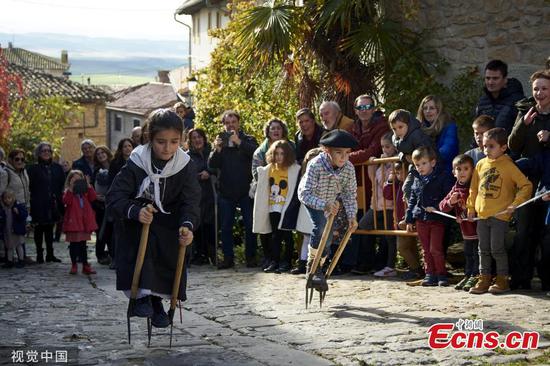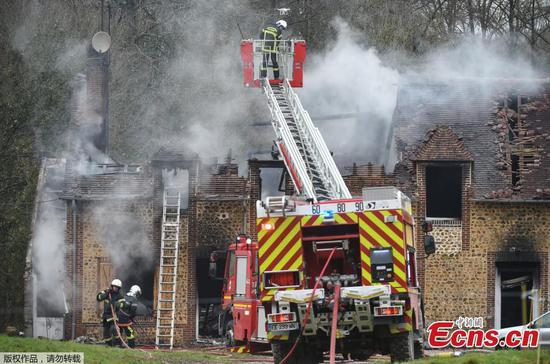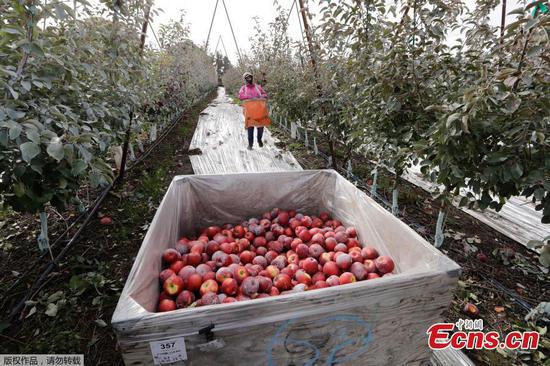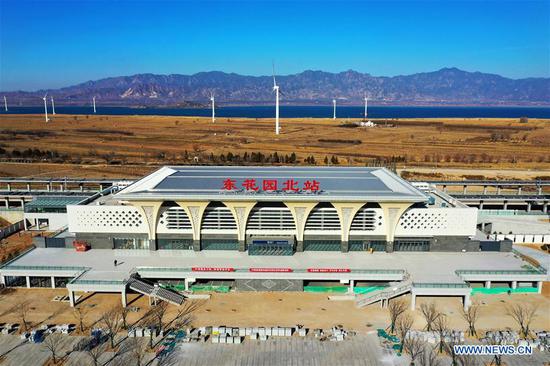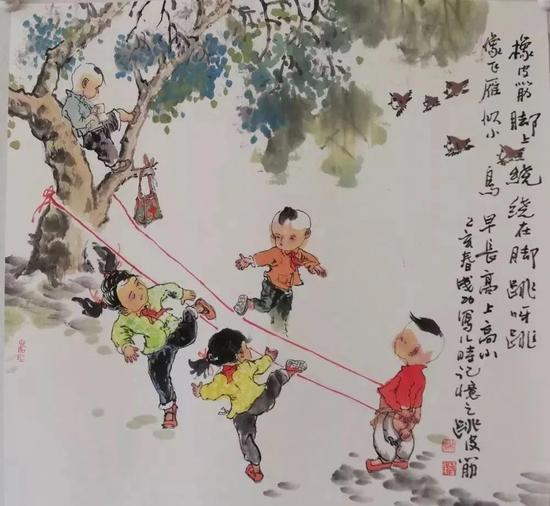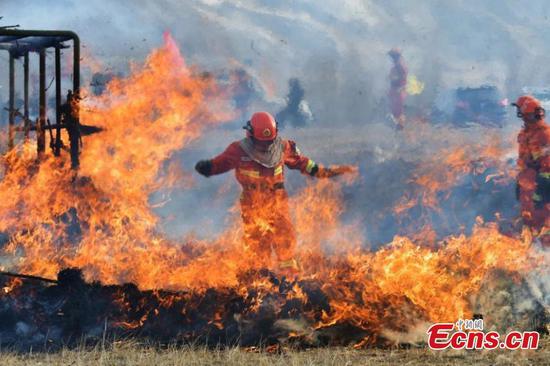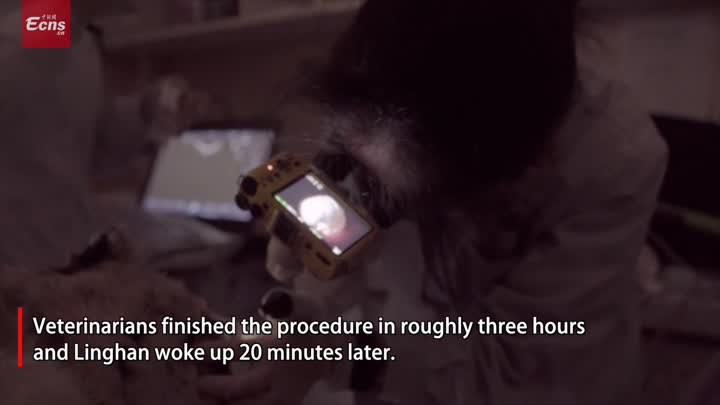Increasing pork production and supply will be the top priority for agricultural authorities in the following year to ensure pork production can rebound close to the level before outbreaks of African swine fever occurred, the Ministry of Agriculture and Rural Affairs said.
Effective measures should be taken and every means should be adopted to restore pork production in China as early as possible, Minister Han Changfu said on Monday at a meeting on accelerating restoration of pork production.
Agricultural authorities should also try every means to ensure sufficient pork supply during New Year's Day on Jan 1 and the seven-day Chinese New Year holiday in late January, Han said.
Han also urged local agricultural authorities to ensure full implementation of various pork-production policies and promote successful experiences in restoring pork production.
Domestic pork production has been seriously hit by the outbreaks of African swine fever since August last year. Total production in the first three quarters was about 32 million metric tons, a drop of 17.2 percent compared with the same period last year, according to the National Bureau of Statistics.
Shortages in supply have resulted in soaring pork prices since the beginning of the year-more than double in many places-but prices have started to decline recently due to increased production.
Statistics from the Ministry of Agriculture and Rural Affairs show the national pork price slumped by 23 percent in November compared to the peak level in late October. In many areas in North China, prices dropped by about 30 percent to below 30 yuan ($4.26) per kilogram.
In October, the number of breeding sows in stock, a major indicator for pork production potential, increased by 0.6 percent, marking the first month-on-month increase since April last year, according to the ministry.
Pig stocks will further improve in the first half of next year, potentially reaching about 80 percent of the level before the outbreak of African swine fever, according to Yang Zhenhai, chief of the ministry's Animal Husbandry and Veterinary Medicine Bureau.
Pork is the most commonly consumed meat in China, and the supply of it matters to the nation's food security. Last year, China's pork production reached 54 million tons, accounting for half the world's total.
The manager of Xinfadi, a wholesale market for agricultural products in Beijing, said pork prices have been falling steadily. On Nov 29, the average wholesale pork price stood at 34.5 yuan per kg-the lowest of the month.
"The supply of pork had been increasing recently, and the storage of pork has improved," the manager told Beijing News.
On Monday, the ministry also announced it has started a three-month special campaign aimed at fighting legal violations involving the buying, selling, slaughtering and processing of pork infected with African swine fever to ensure quality and safety of the meat and its products in the market.
The ministry has ordered local agricultural authorities to intensify supervision over slaughterhouses to deter illegal activities and severely punish violations, such as butchering dead pigs infected with African swine fever or injecting water into slaughtered pigs for illegal profit.










